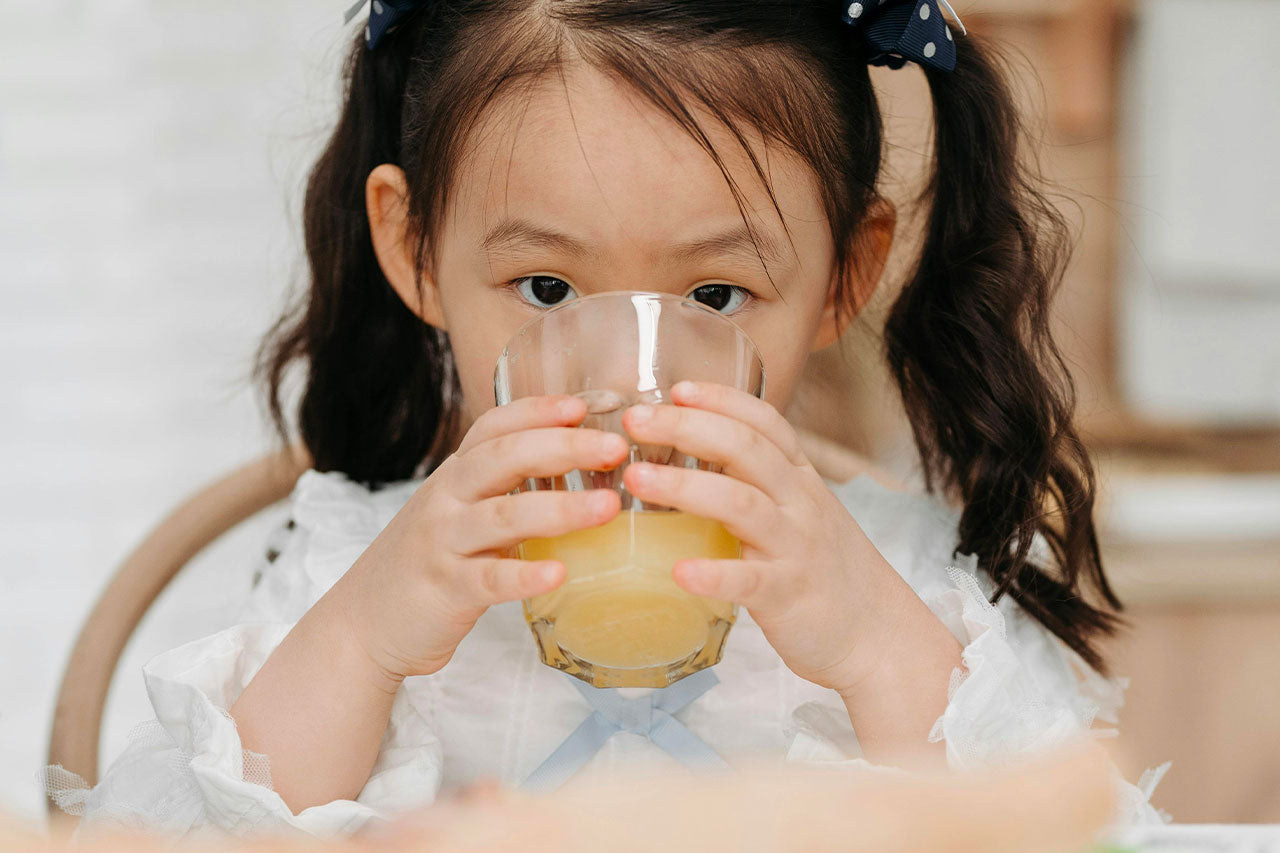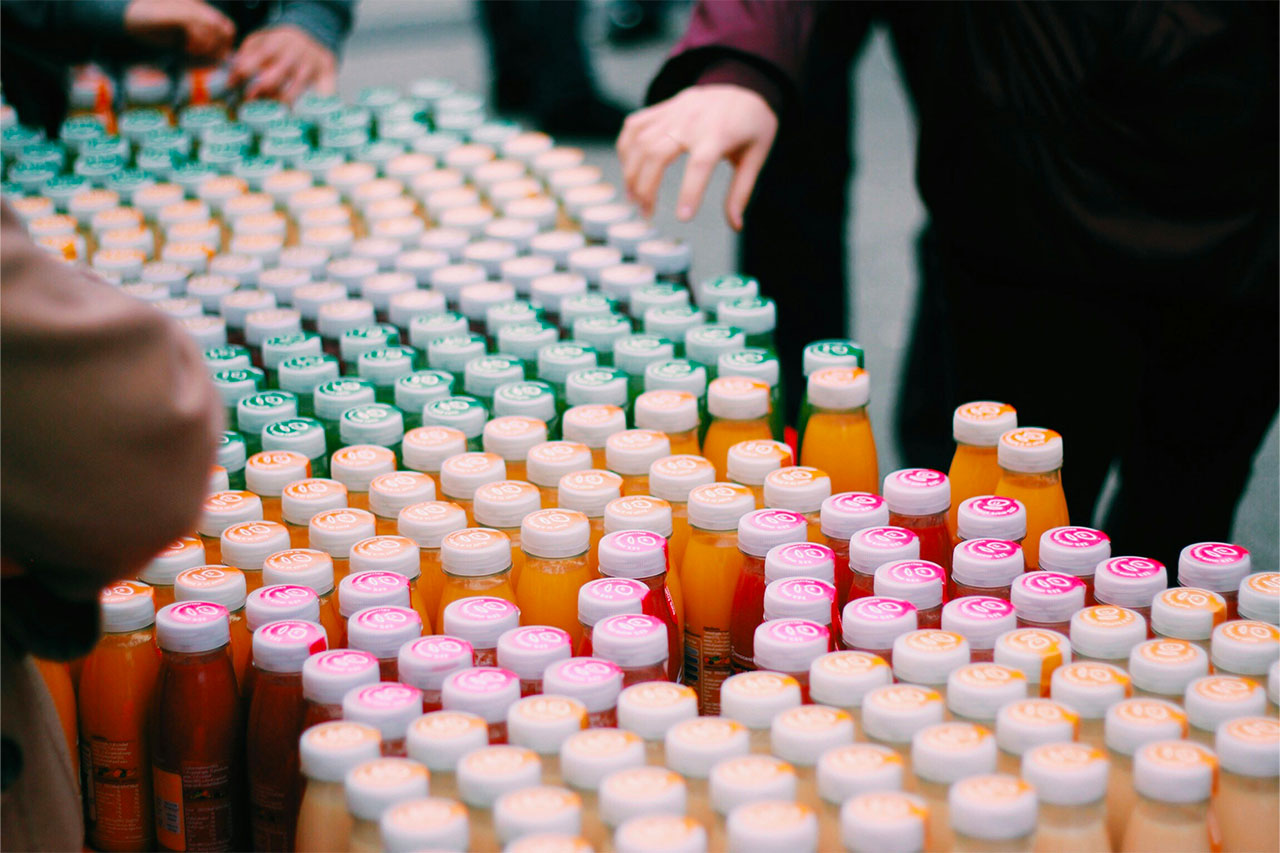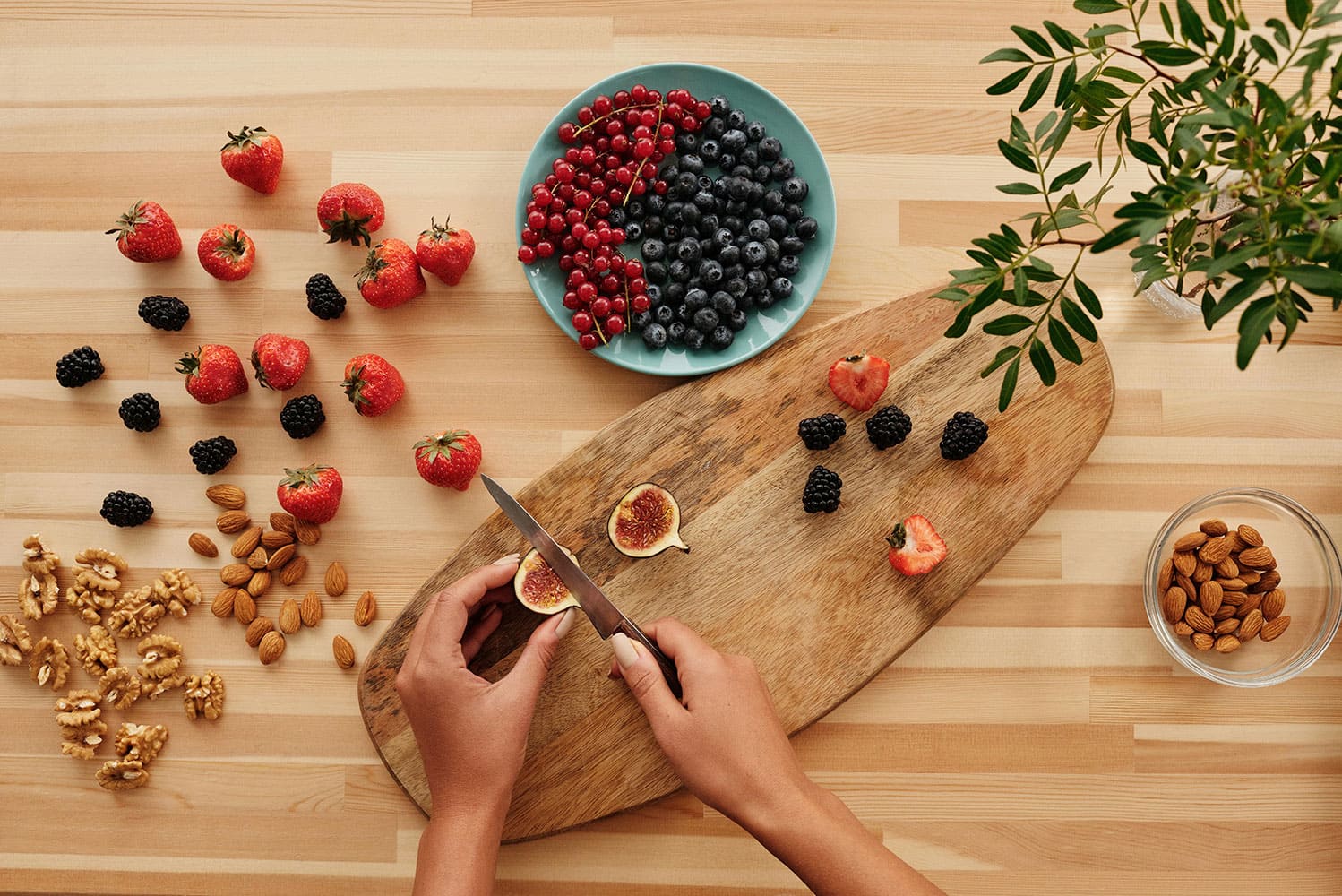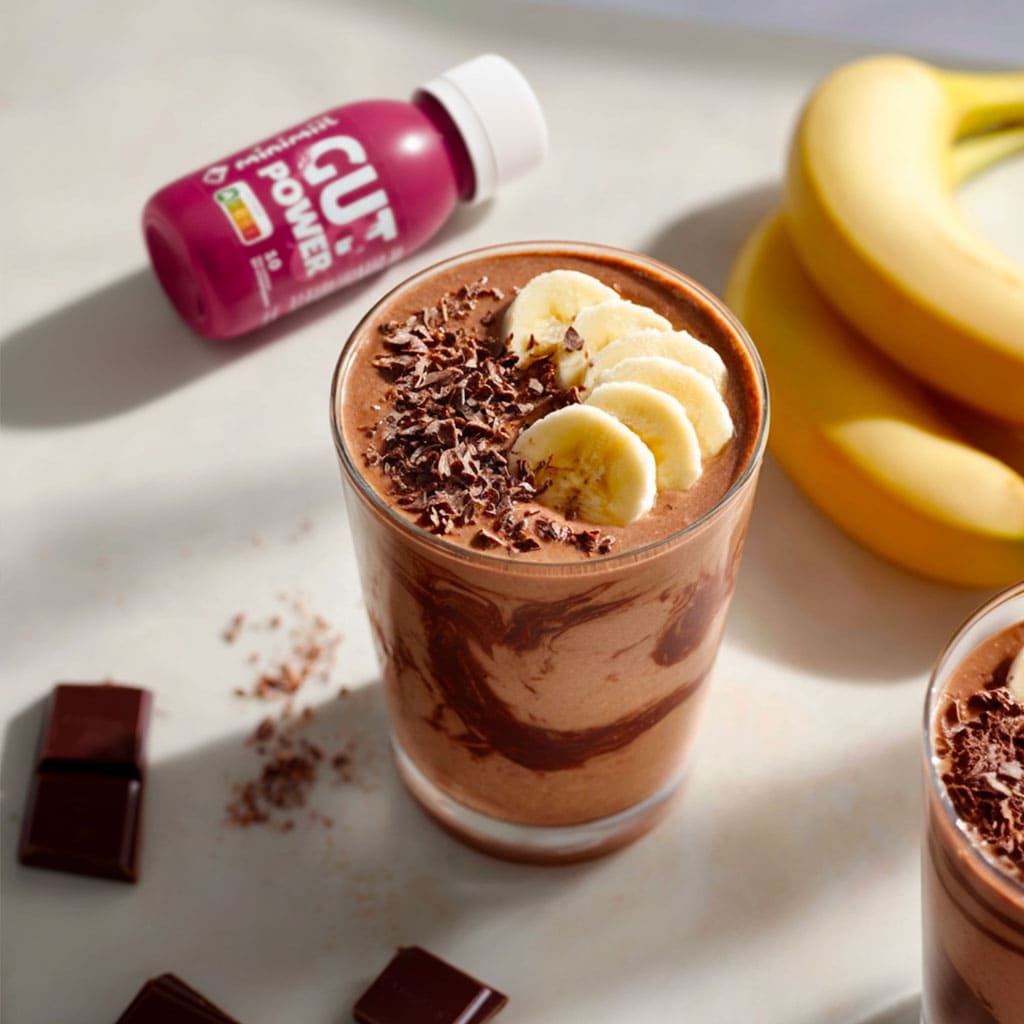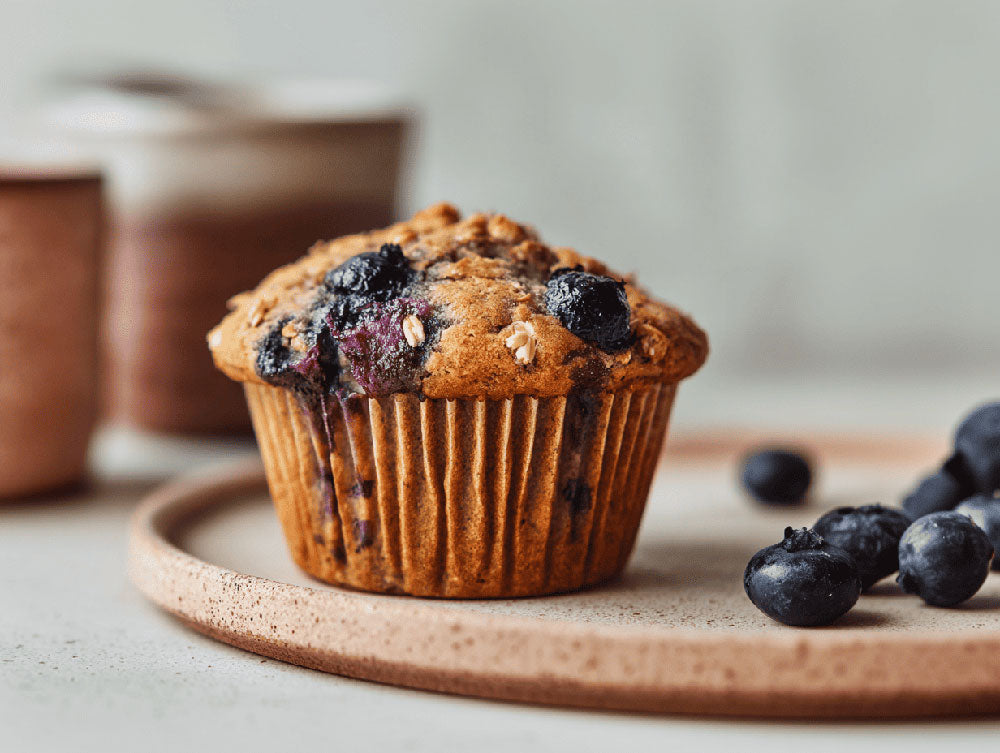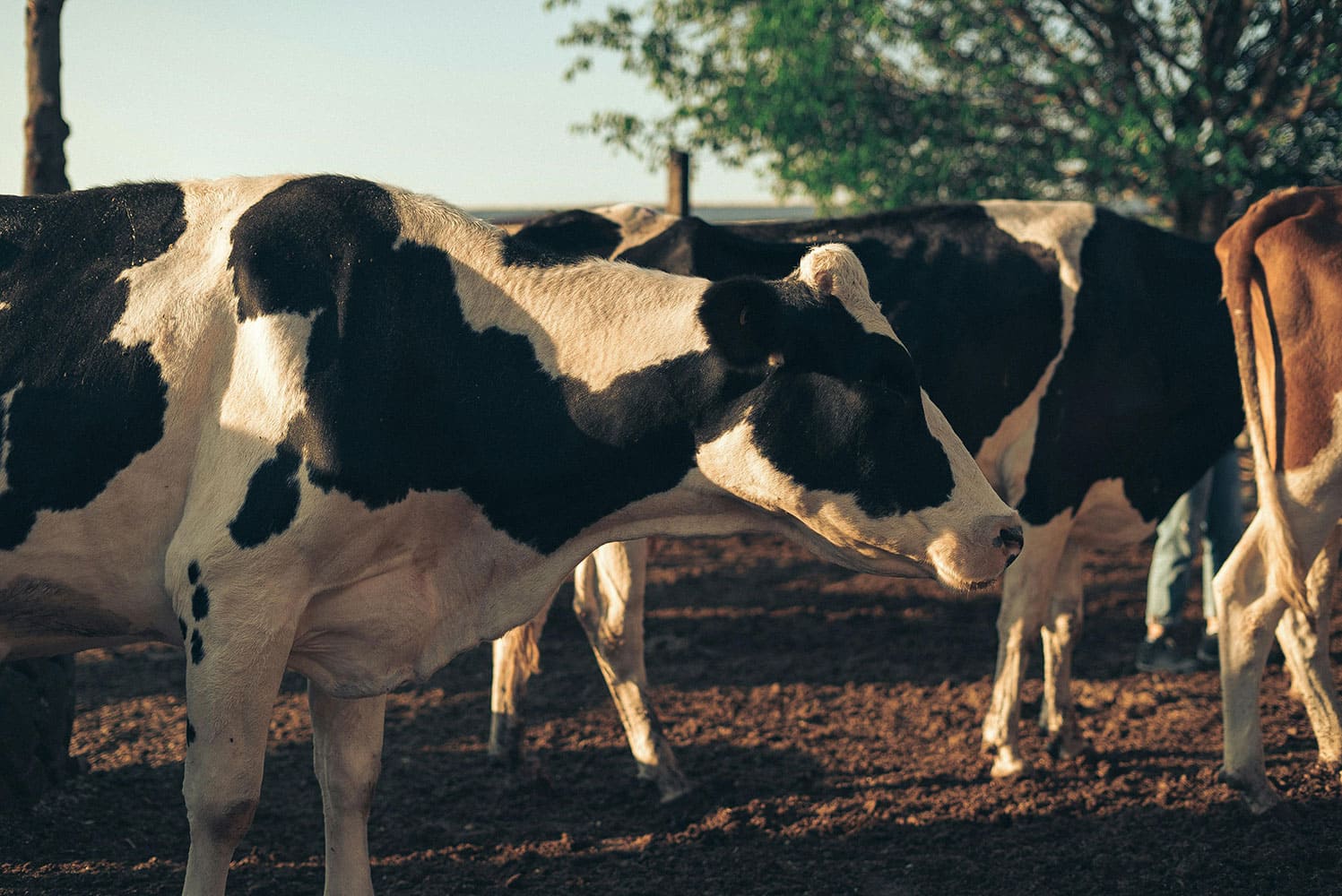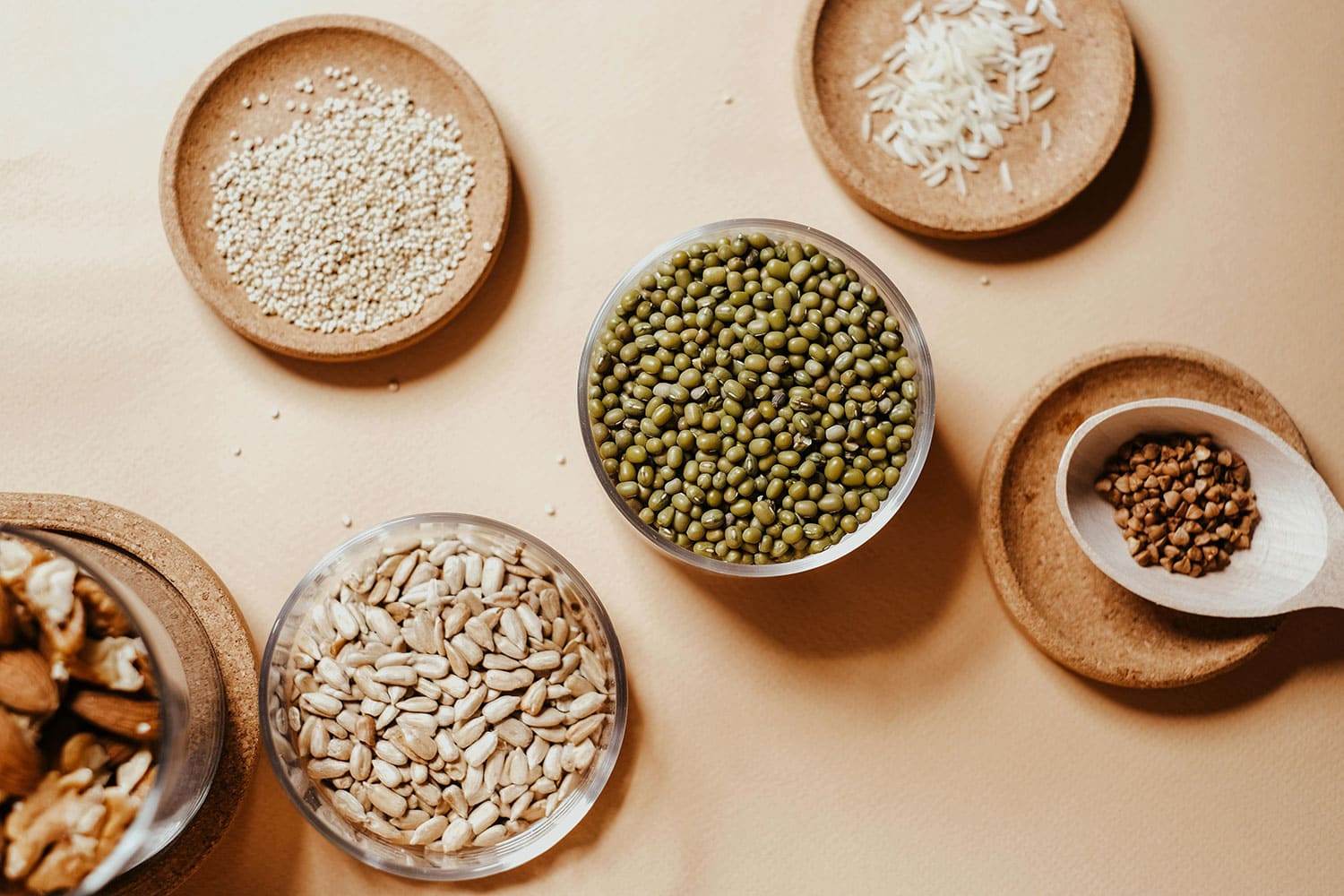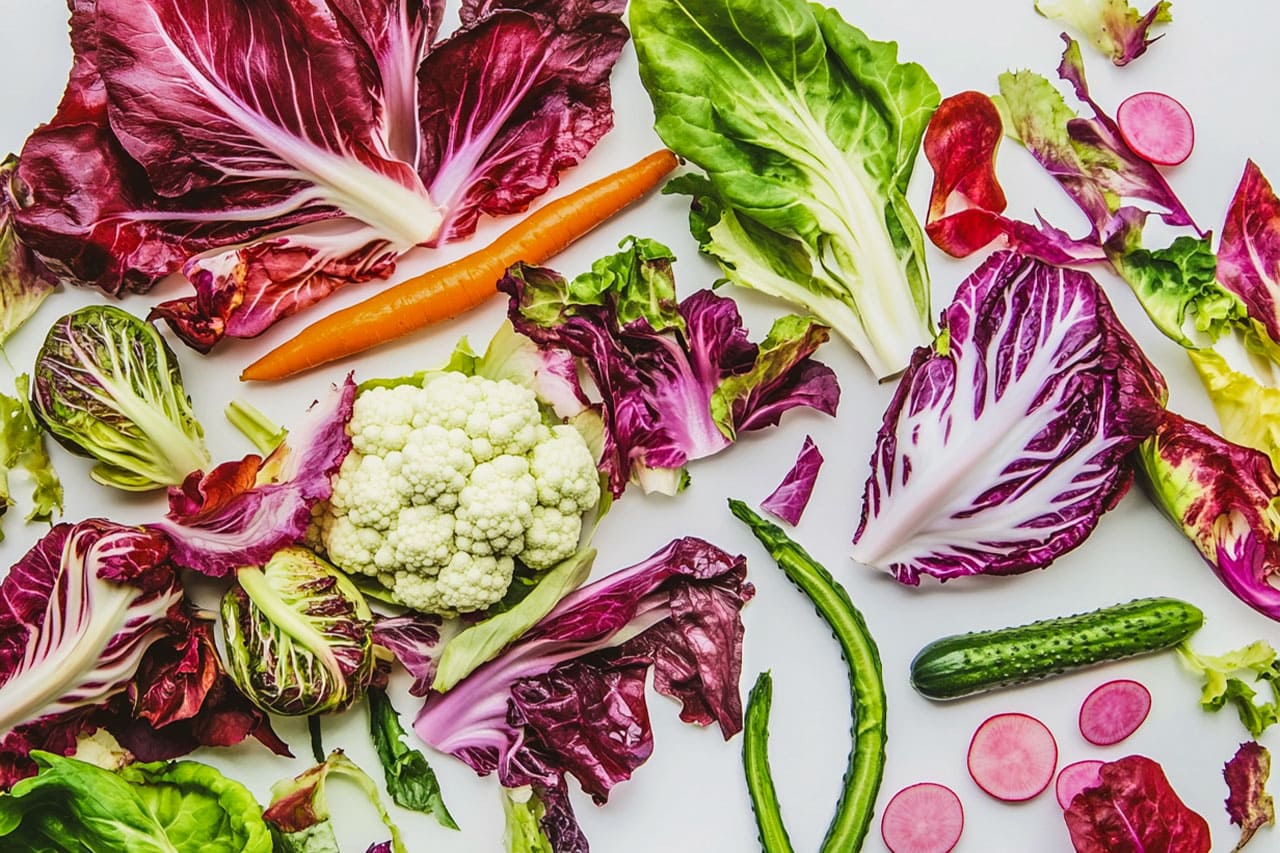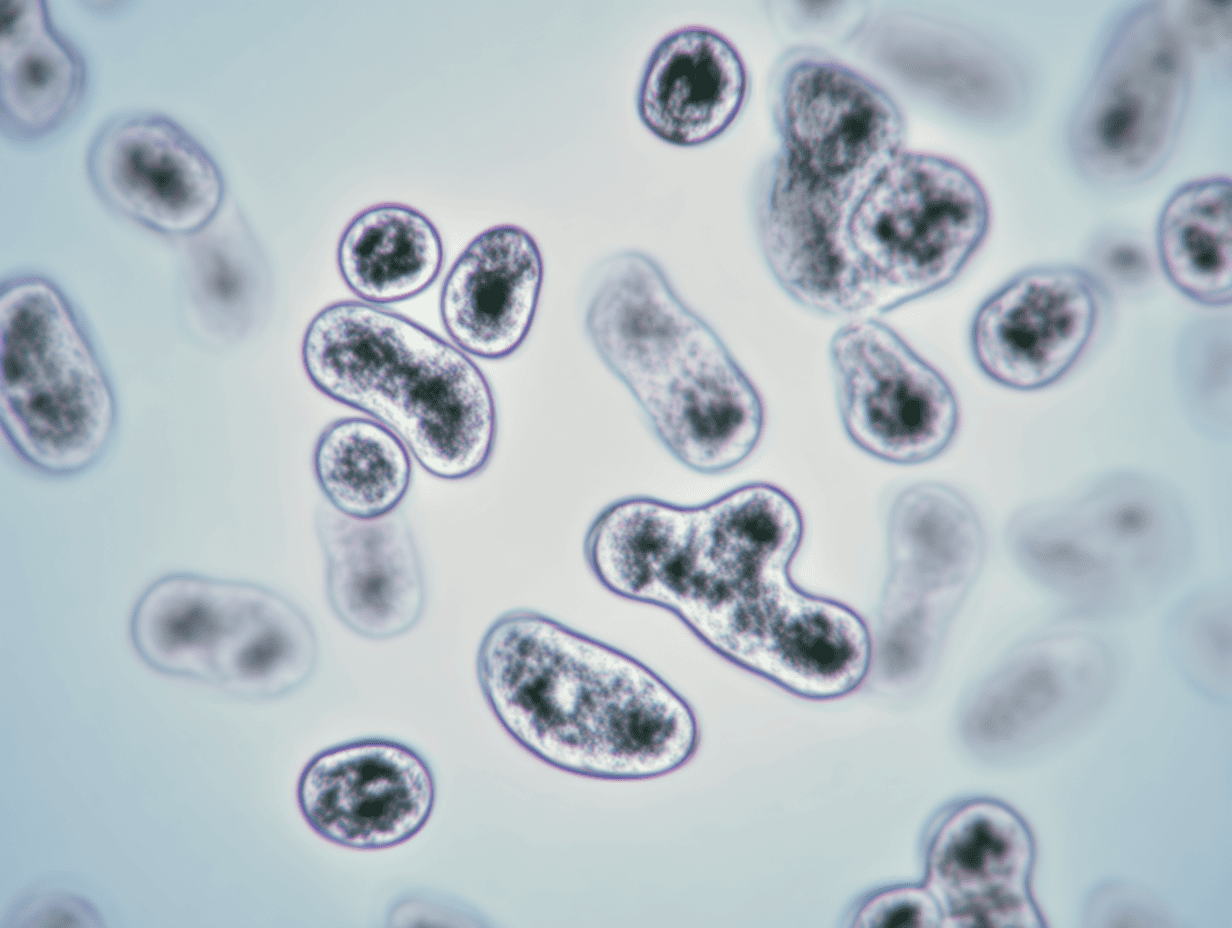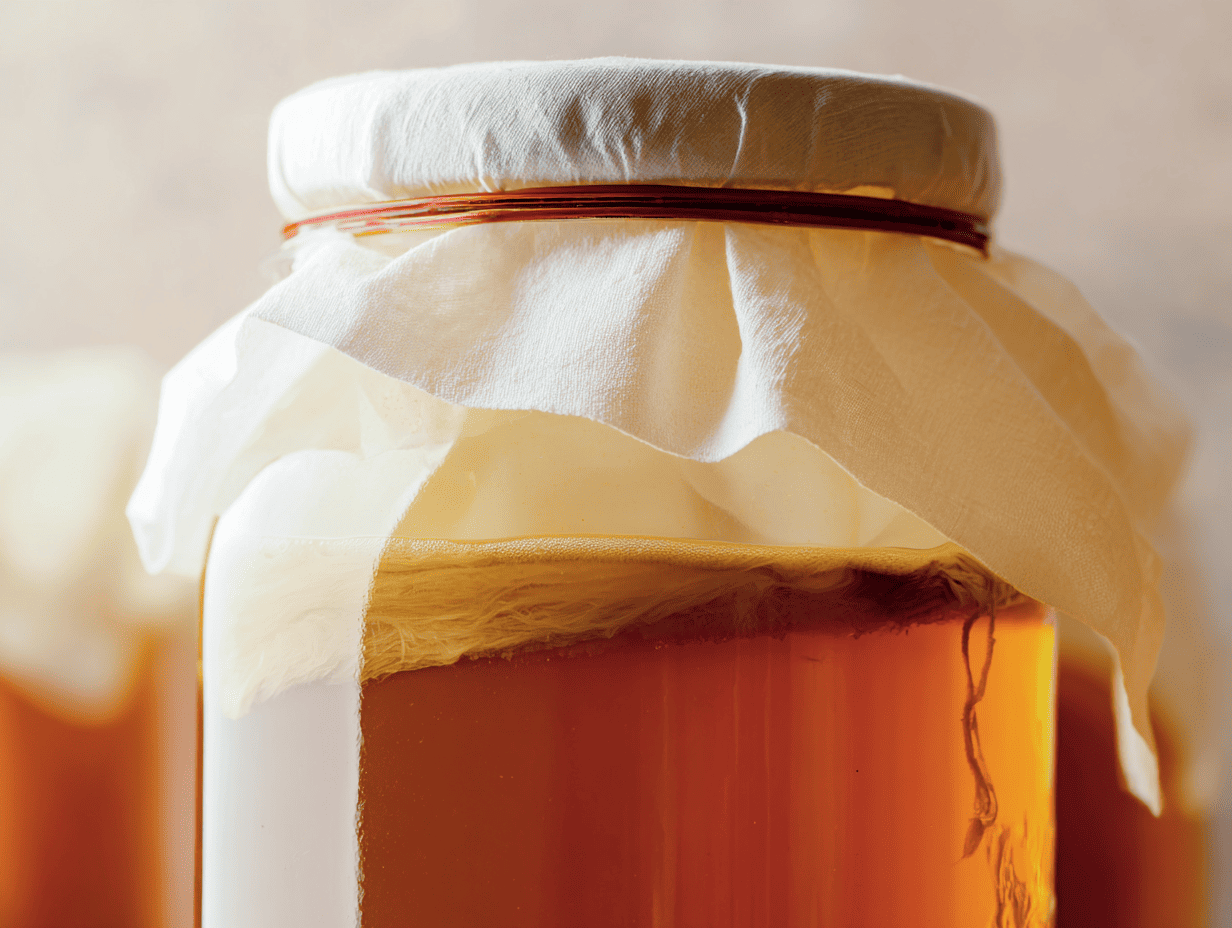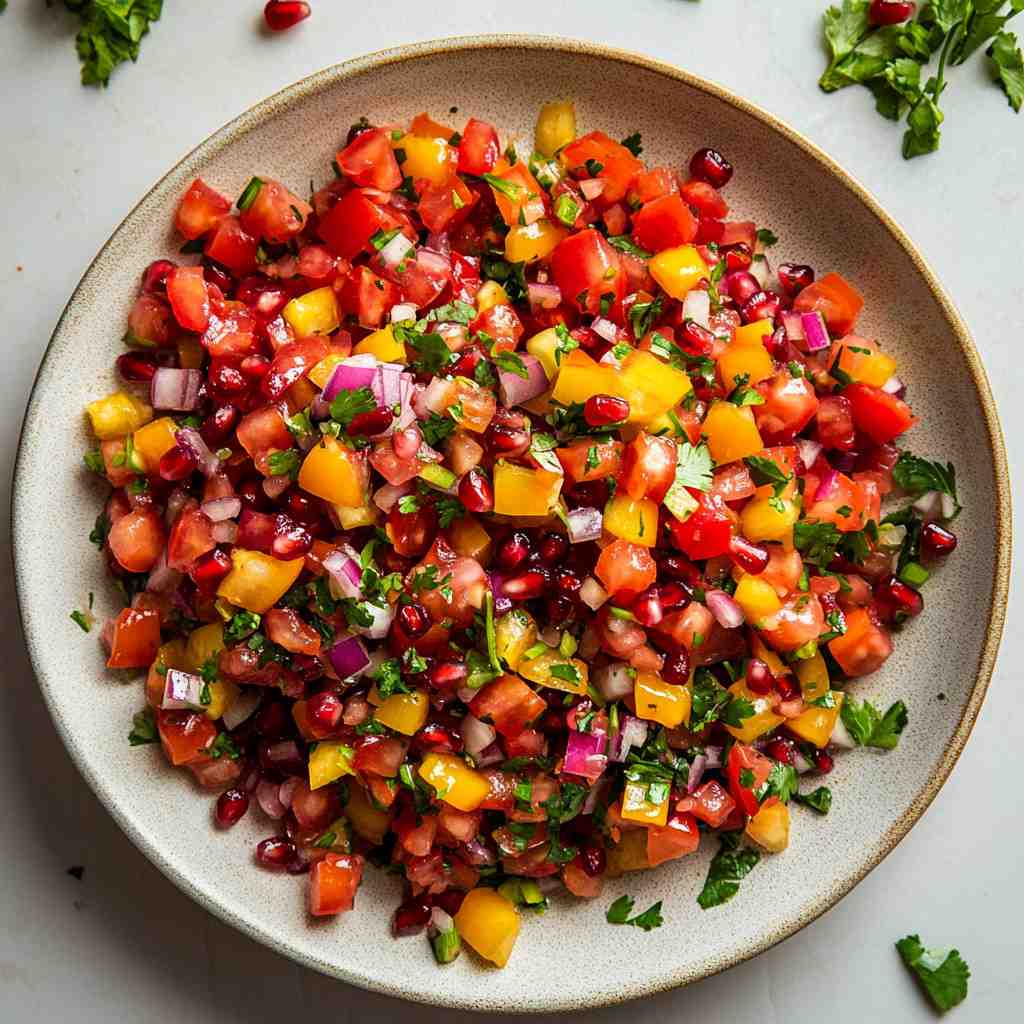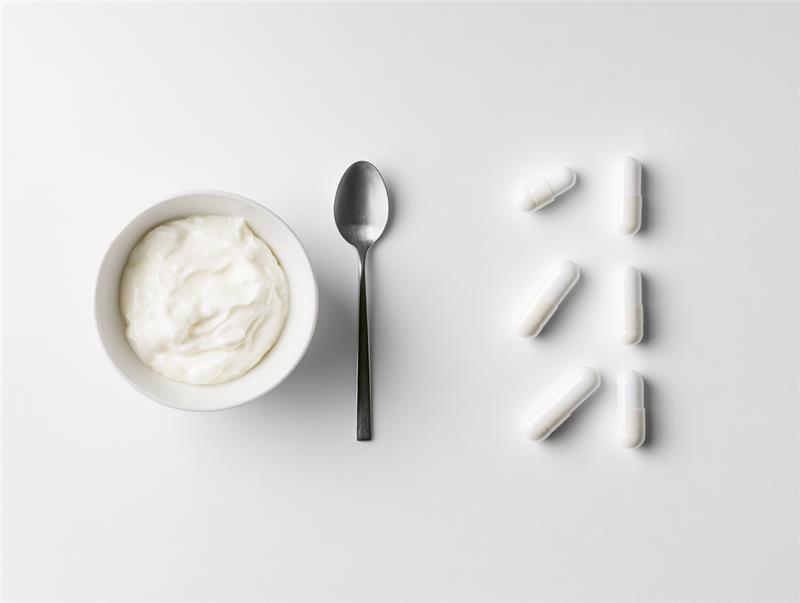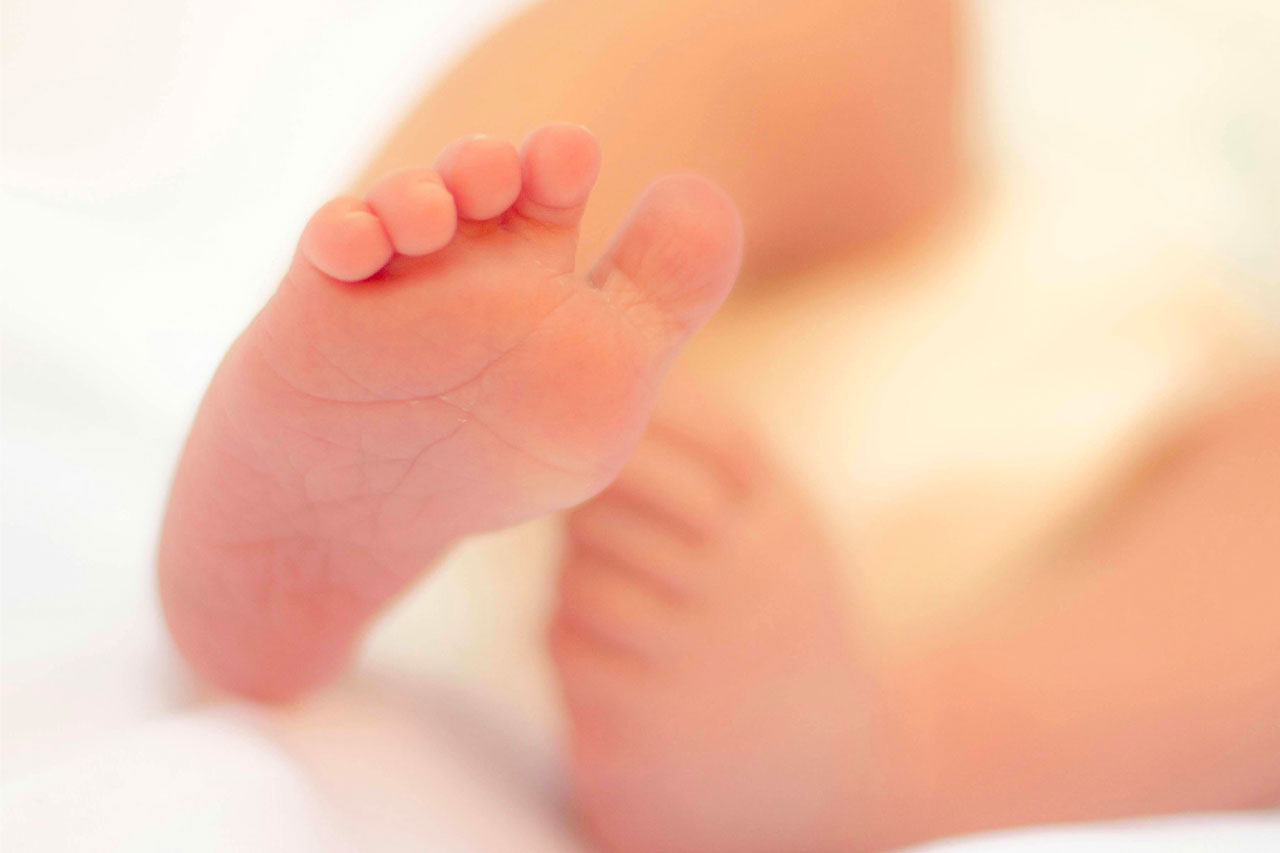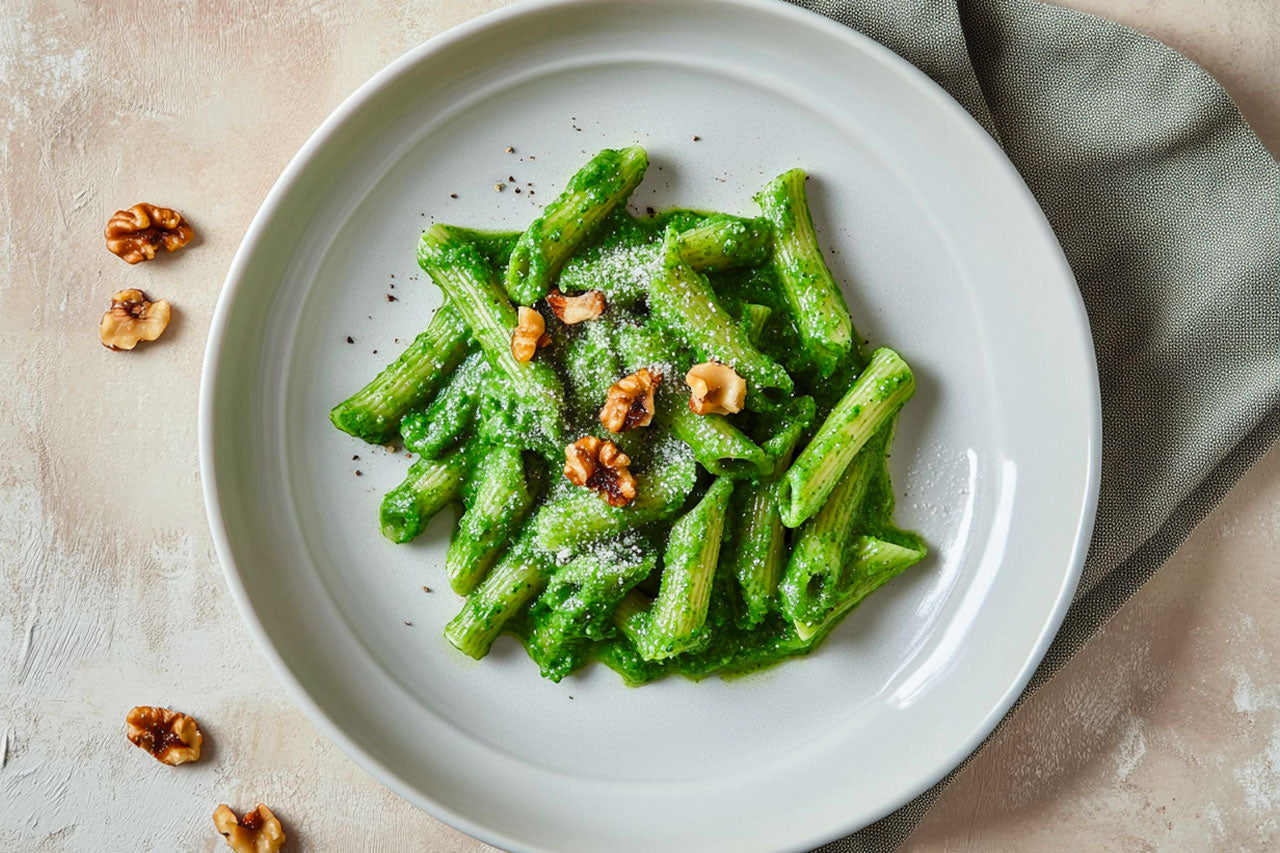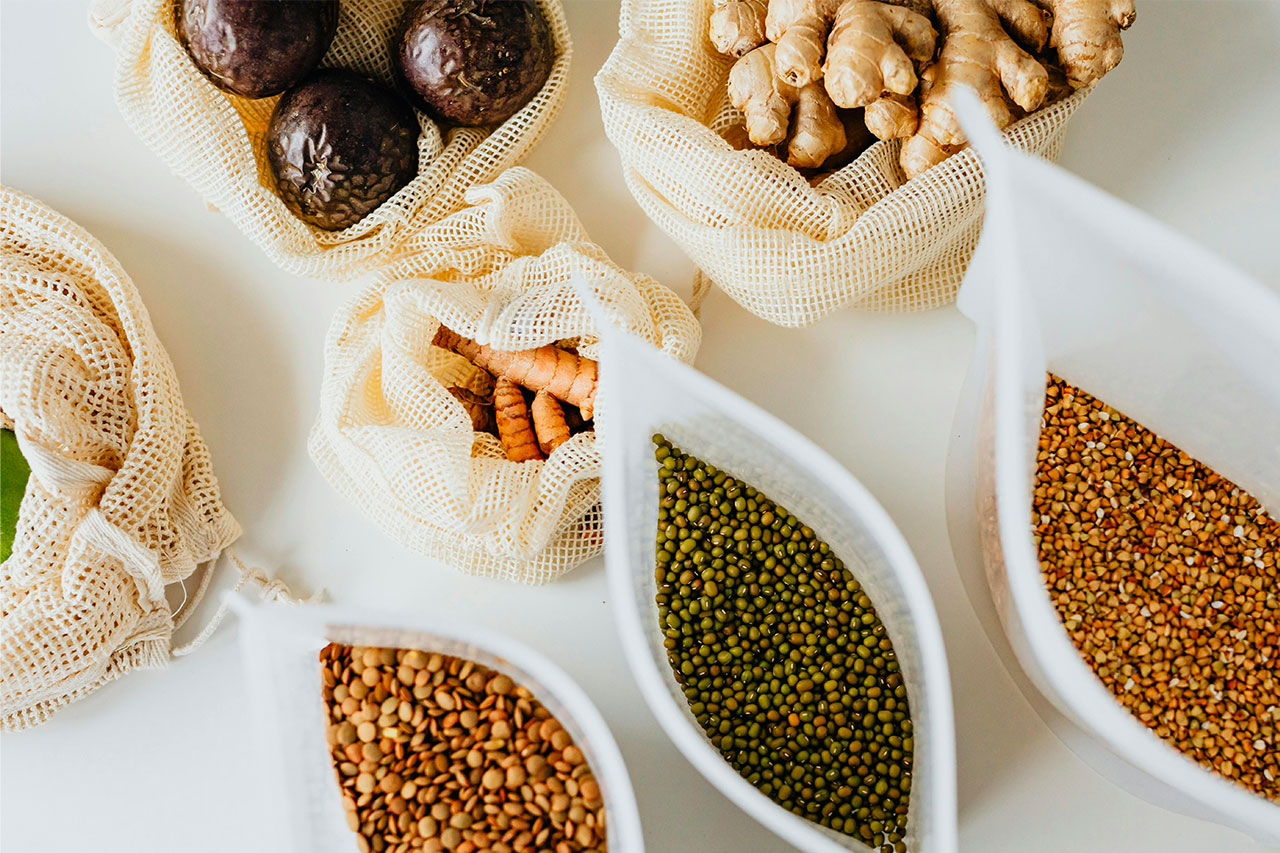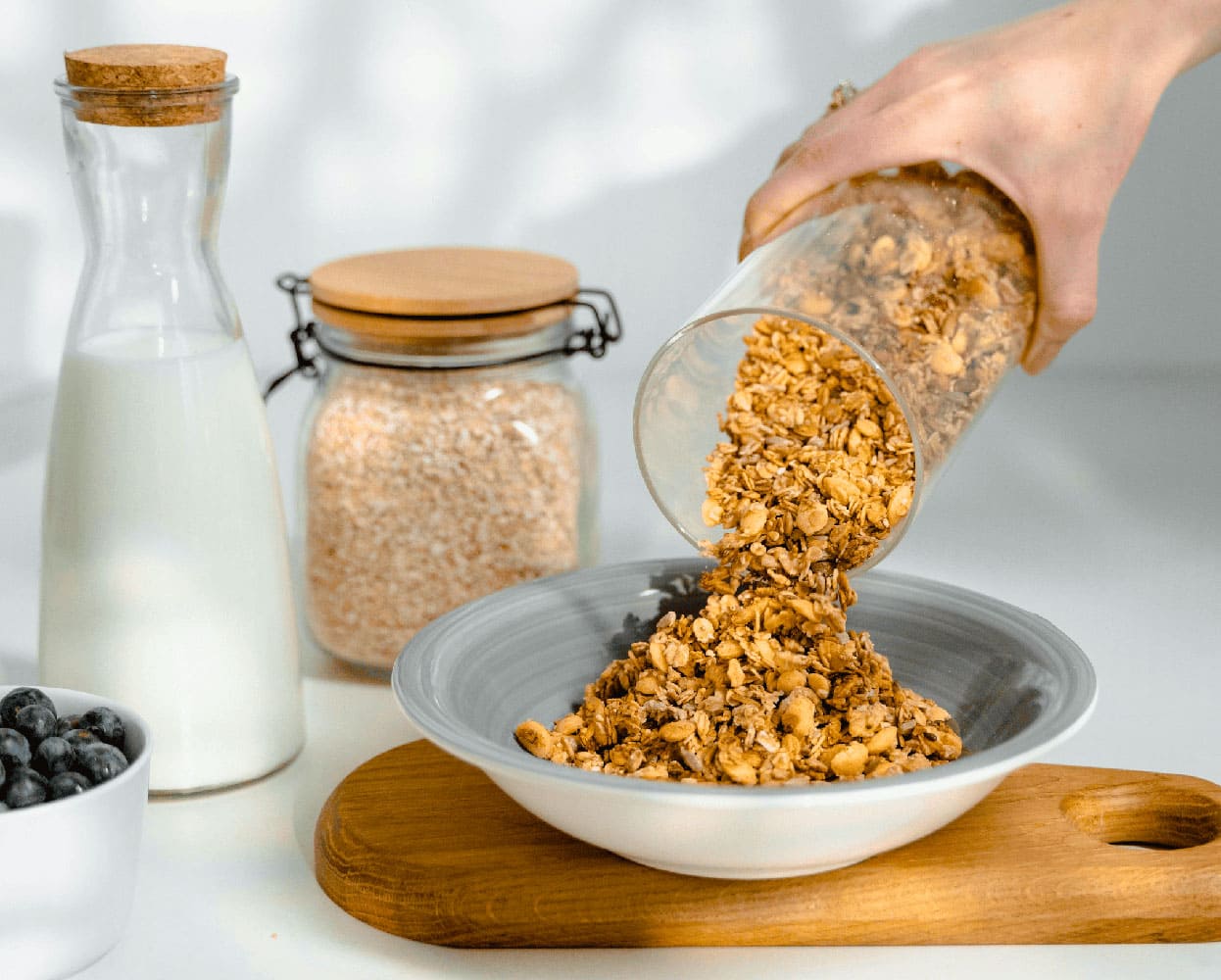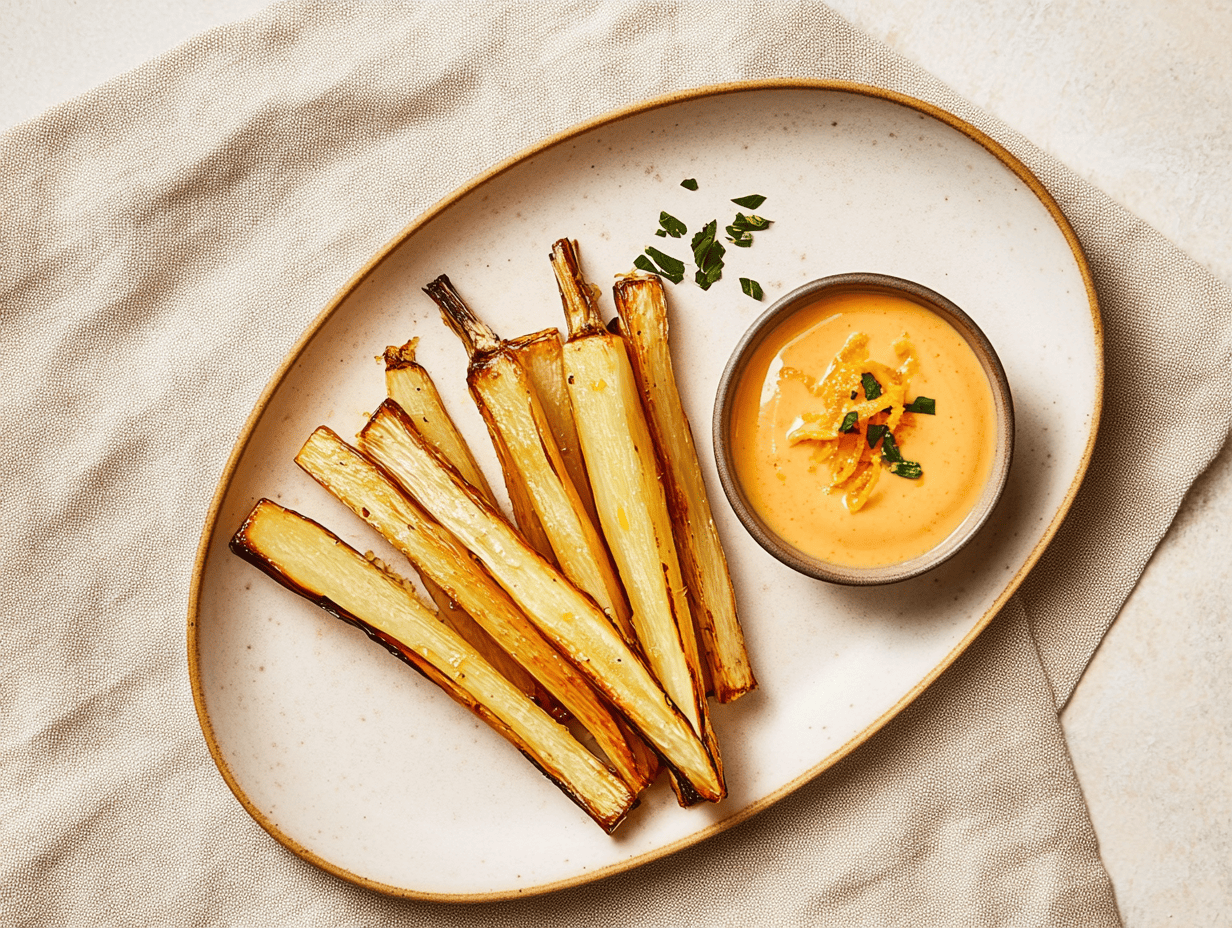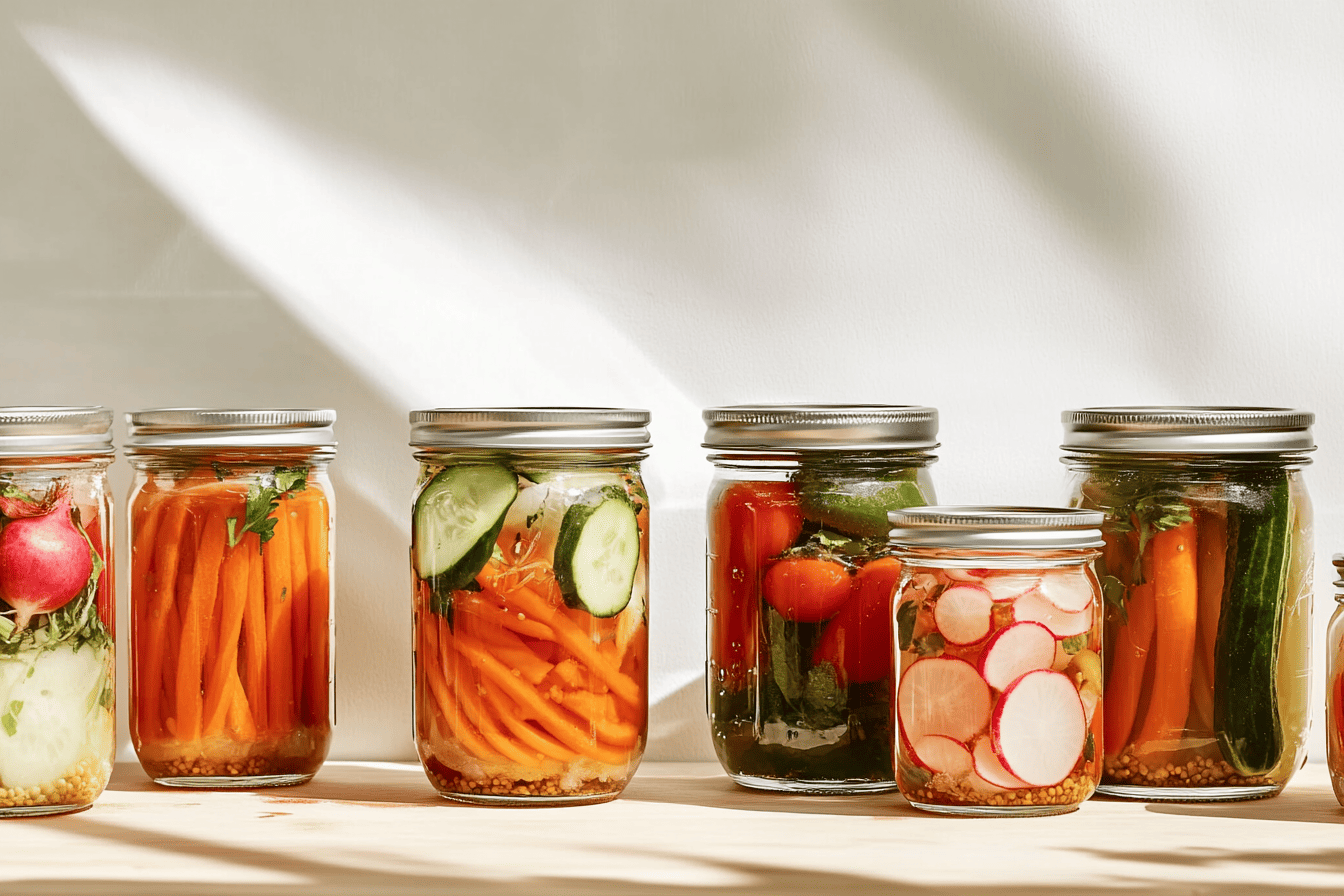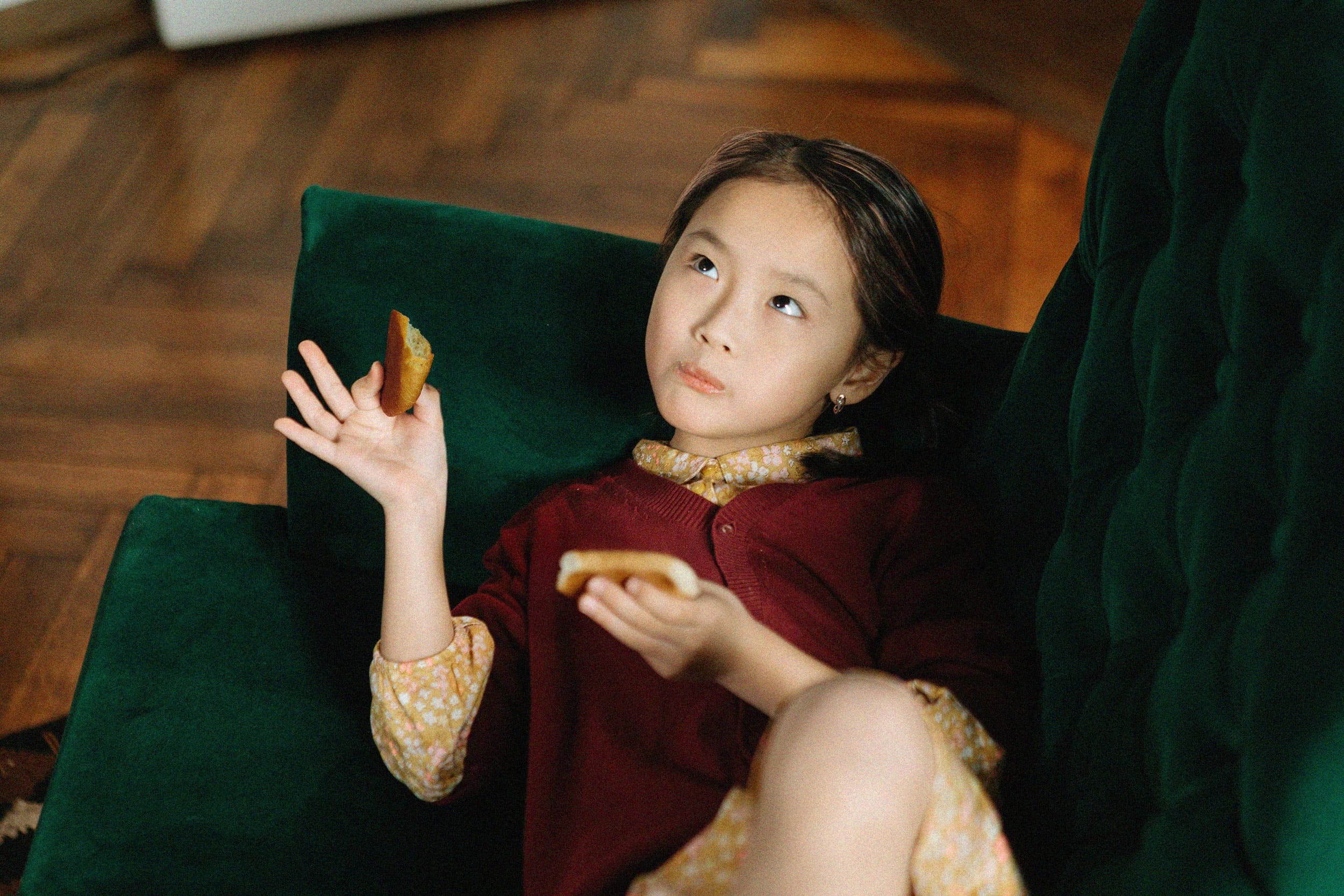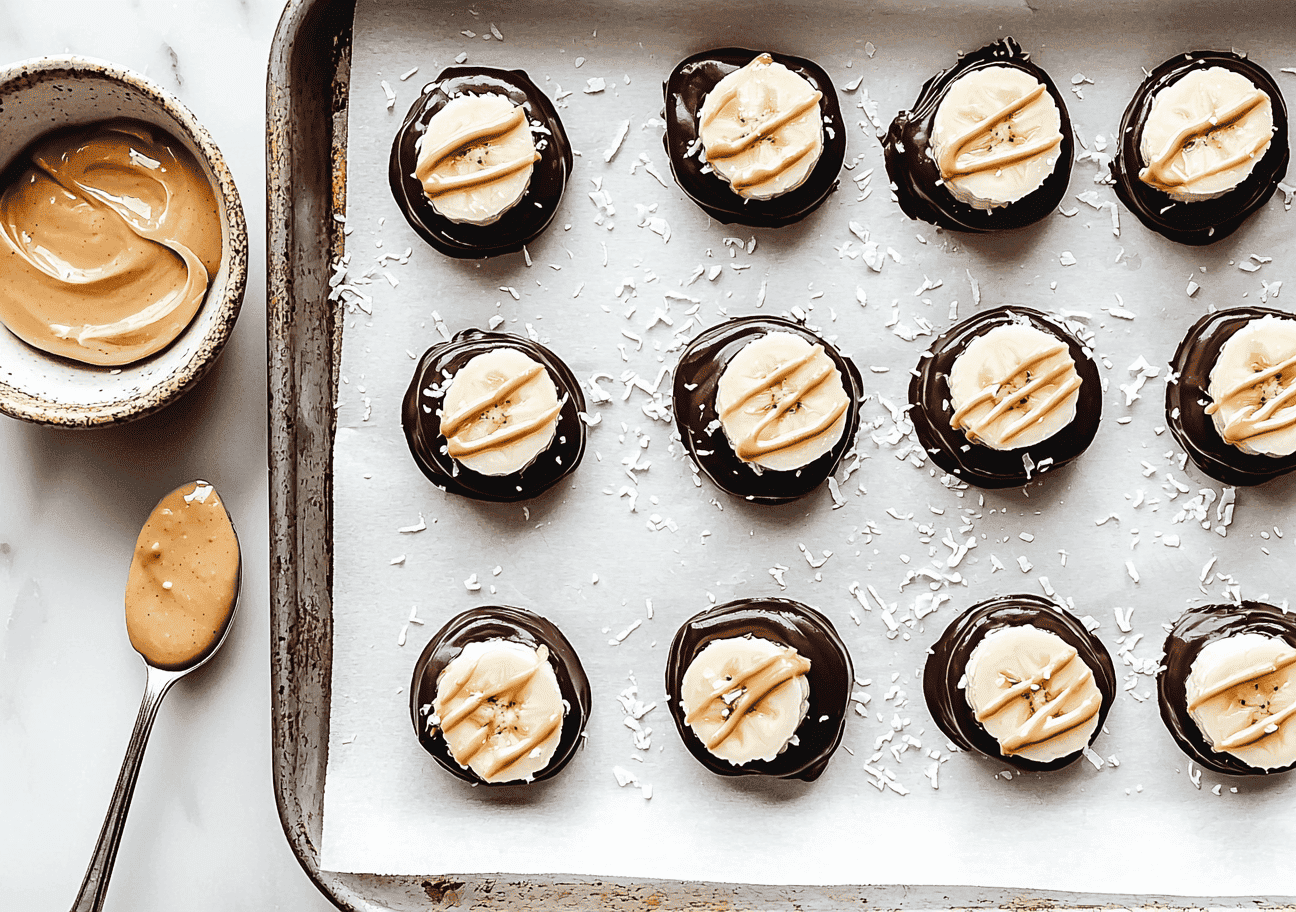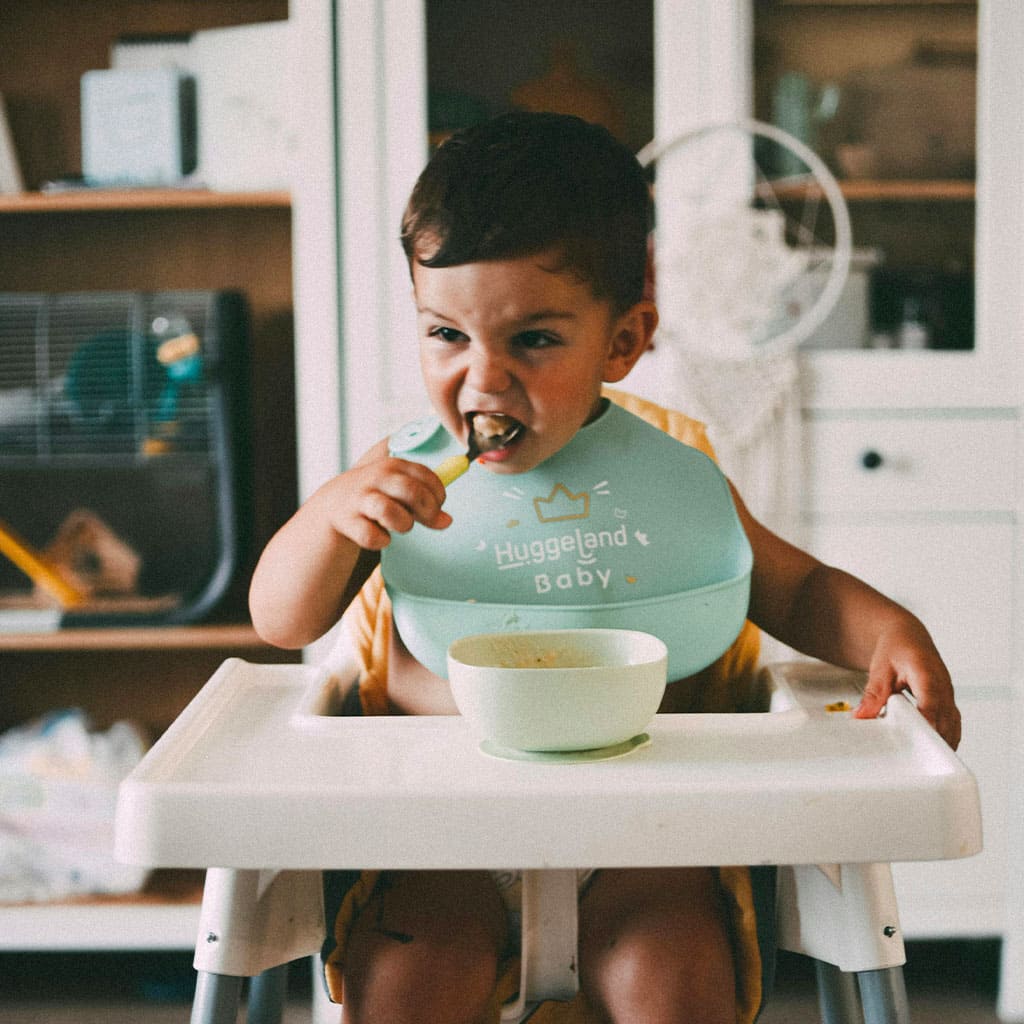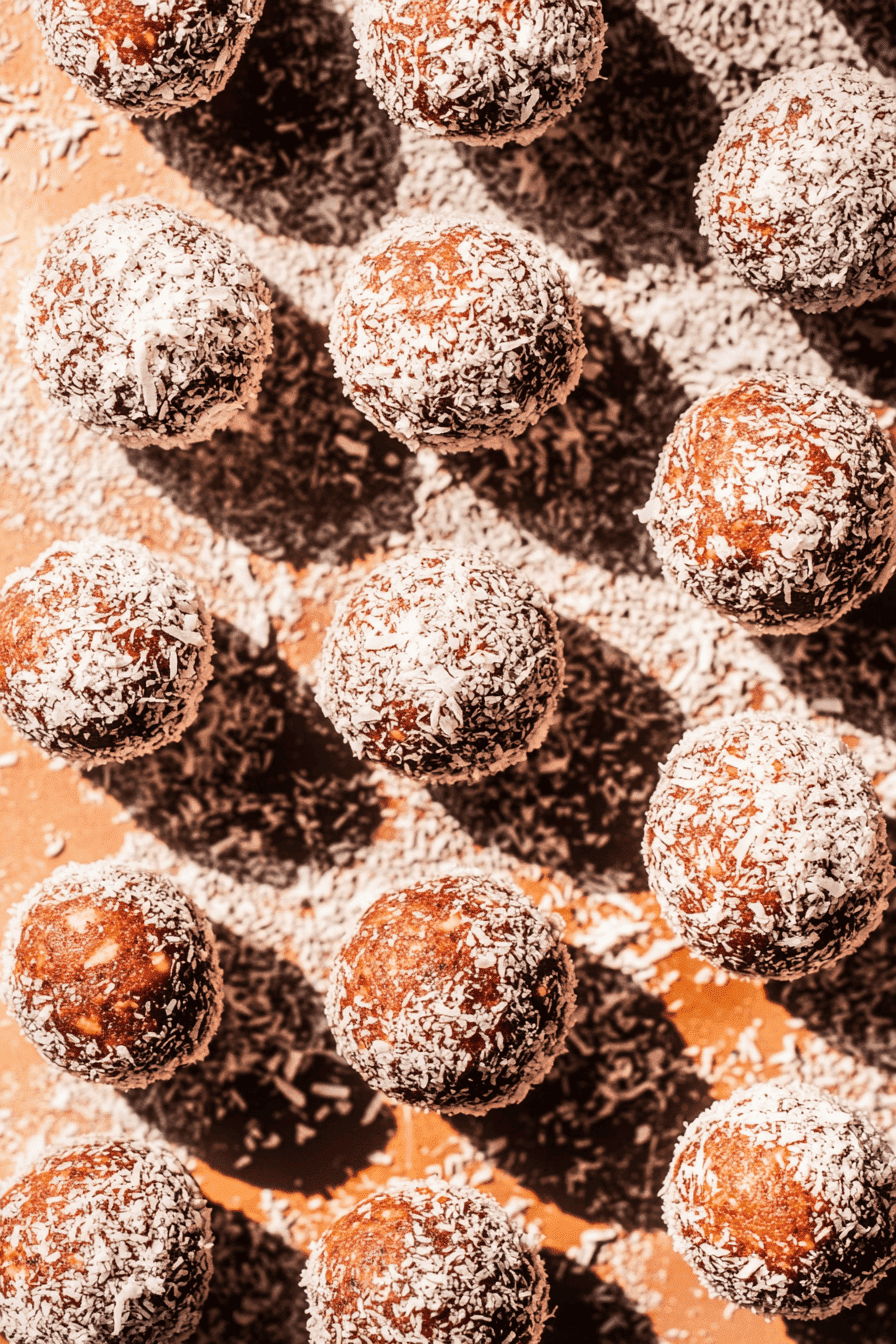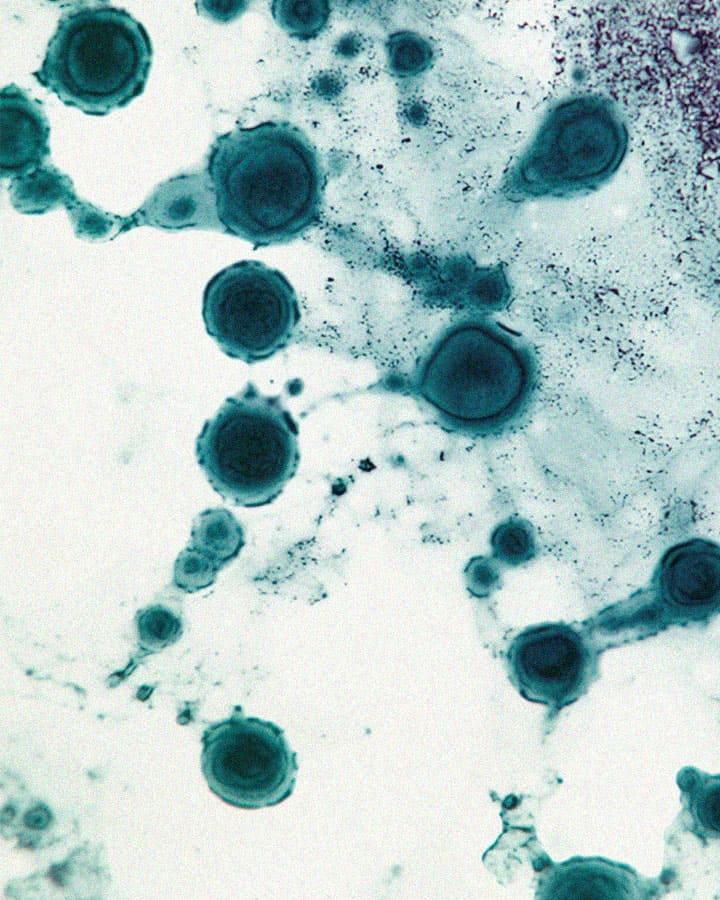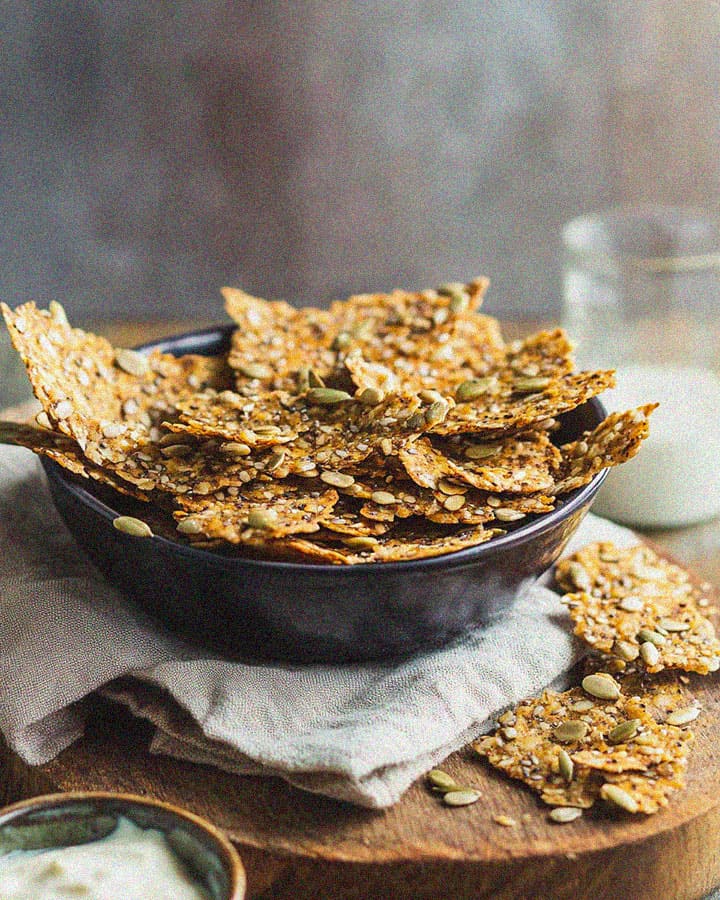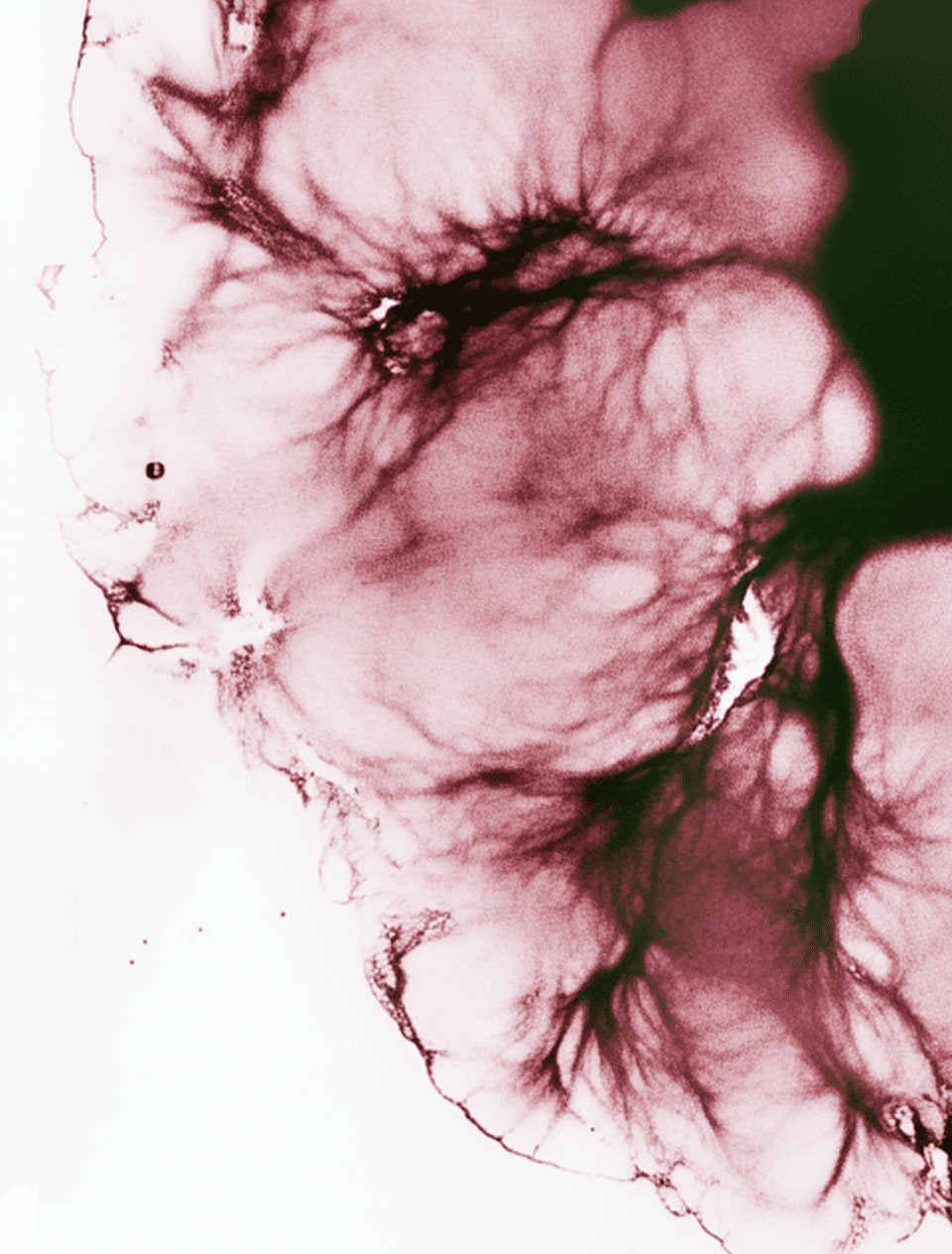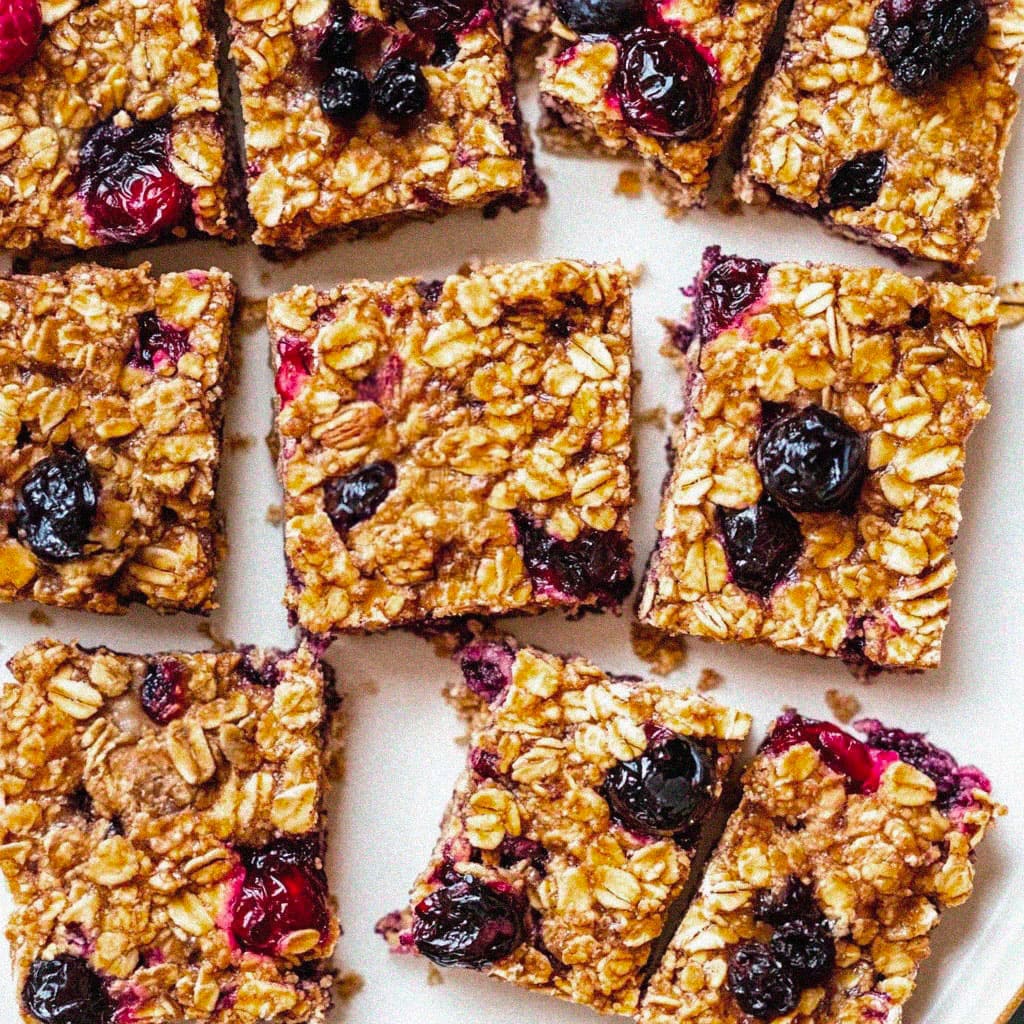A glass of orange juice is always a treat, but...
Fruit juice is often presented as a healthy option—full of vitamins, perfect for starting the day. And it's true: a good juice contains vitamin C and other essential nutrients. But what we often forget is that it also contains a large amount of sugar, even when it’s 100% pure juice. For example, a 200 ml glass of orange juice can contain as much sugar as a soda—around 20 grams, which is equivalent to 4 sugar cubes¹.
This consumption causes a glycemic spike—a rapid increase in blood sugar levels—followed by a crash, which can affect your child’s energy and concentration for the rest of the day.
And what about sodas or sugary drinks?
Sodas or "fruit-flavored" drinks (often artificially flavored and not natural) are even more problematic. High in added sugars, they often contain little to no beneficial nutrients. Their effect on blood sugar is immediate: a sharp spike, followed by a crash.
In the short term, this can lead to:
• A drop in energy and concentration, often right when children arrive at school.
• Irritability or cravings due to the rapid fall in blood sugar.
In the long term, these habits can contribute to issues such as overweight, diabetes, or metabolic disorders².
